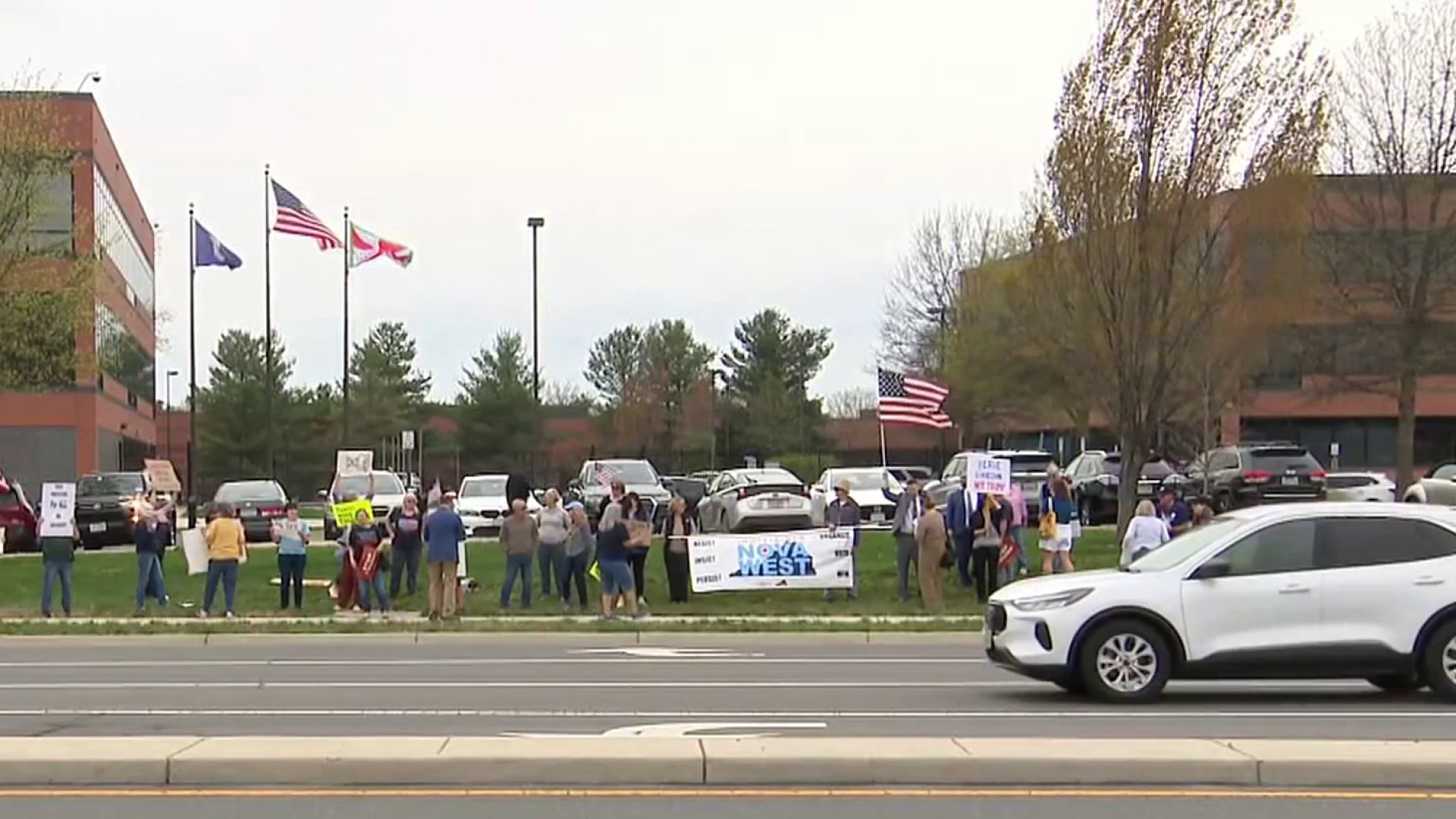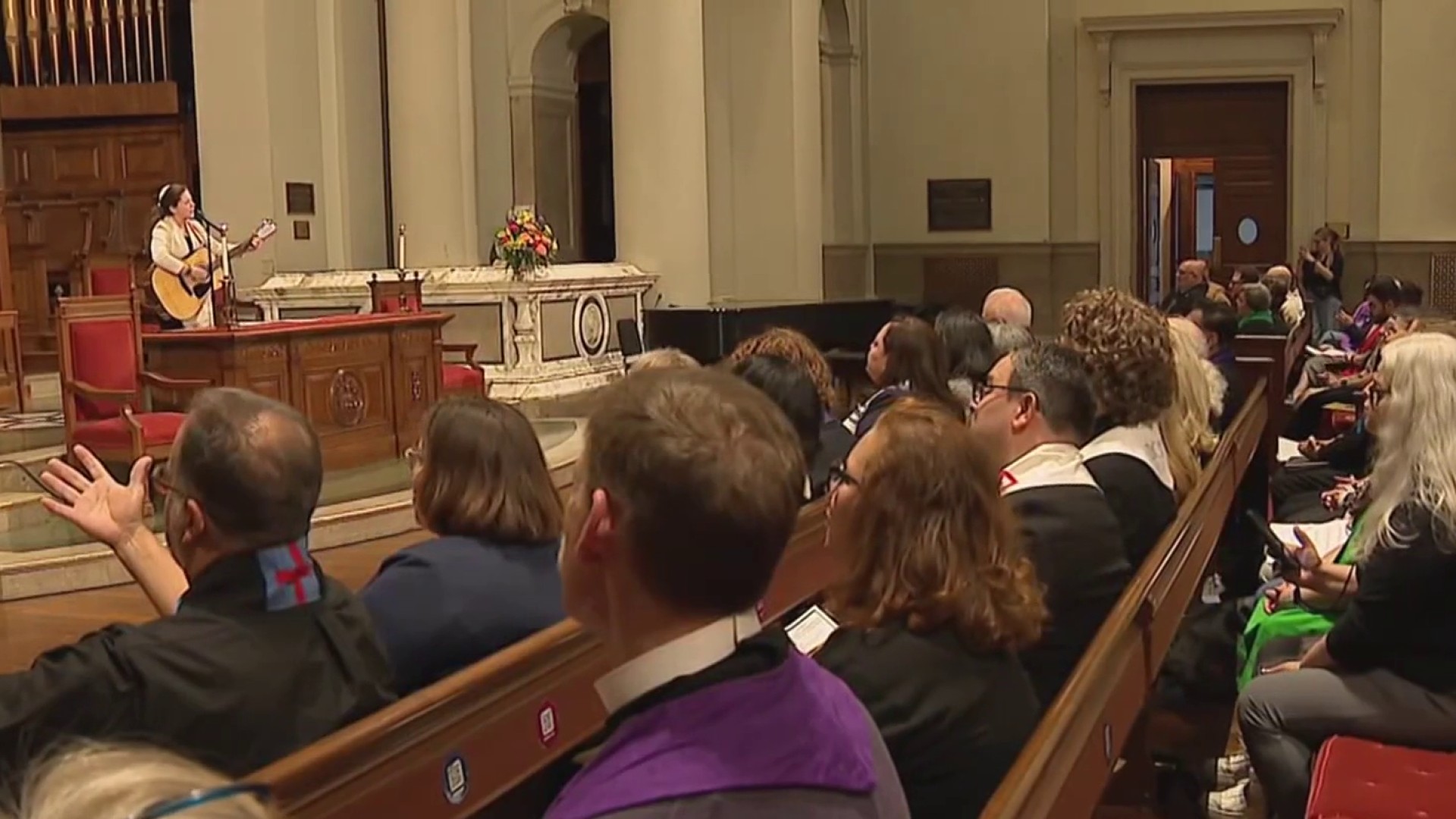The District has rolled out its COVID-19 vaccine portal, which allows eligible people to schedule appointments to get shots.
Currently eligible to schedule vaccine appointments are those in group 1A, which includes frontline healthcare workers and nursing home residents. Those workers can register for a vaccine using the portal at coronavirus.dc.gov/vaccinatedc.
We've got the news you need to know to start your day. Sign up for the First & 4Most morning newsletter — delivered to your inbox daily. Sign up here.
Starting Monday, D.C. began expanding the vaccination program to include all workers in phase 1a. Health officials will consider risk factors when scheduling appointments.
“At this time, the portal ... is only for workers in health care settings that have direct or indirect exposure to infectious materials and cannot telework,” the District said in a press release.
The website asks health care workers to fill out a questionnaire and give personal information including demographic details and medical history, so the District can determine "readiness" to schedule a vaccination appointment.
Those who register, then qualify, will be given an appointment at one of the city's access points: Bread for the City, Community of Hope, Giant, Mary’s Center, Safeway or Unity Healthcare.
Local
Washington, D.C., Maryland and Virginia local news, events and information
Health care workers at institutions administering their own vaccines, such as major hospitals or DC Fire and EMS, shouldn't use the portal, but contact their facility.
Dr. Kavita Patel, of Mary's Center, said she was relieved to see the portal go live Monday night. It's something the District’s medical community has been waiting for.
Patel is a physician at Mary’s Center, an organization that runs community healthcare centers in D.C. and Maryland and offers a sliding fee scale to uninsured patients.

“We had a 32% positivity rate at one point. Many of them grocery store workers,” Patel said.
She hopes local officials will take into account the fact that community clinics generally see patients from a population that is disproportionately affected by coronavirus, and wants to see more of those vaccines allotted to community health centers.



